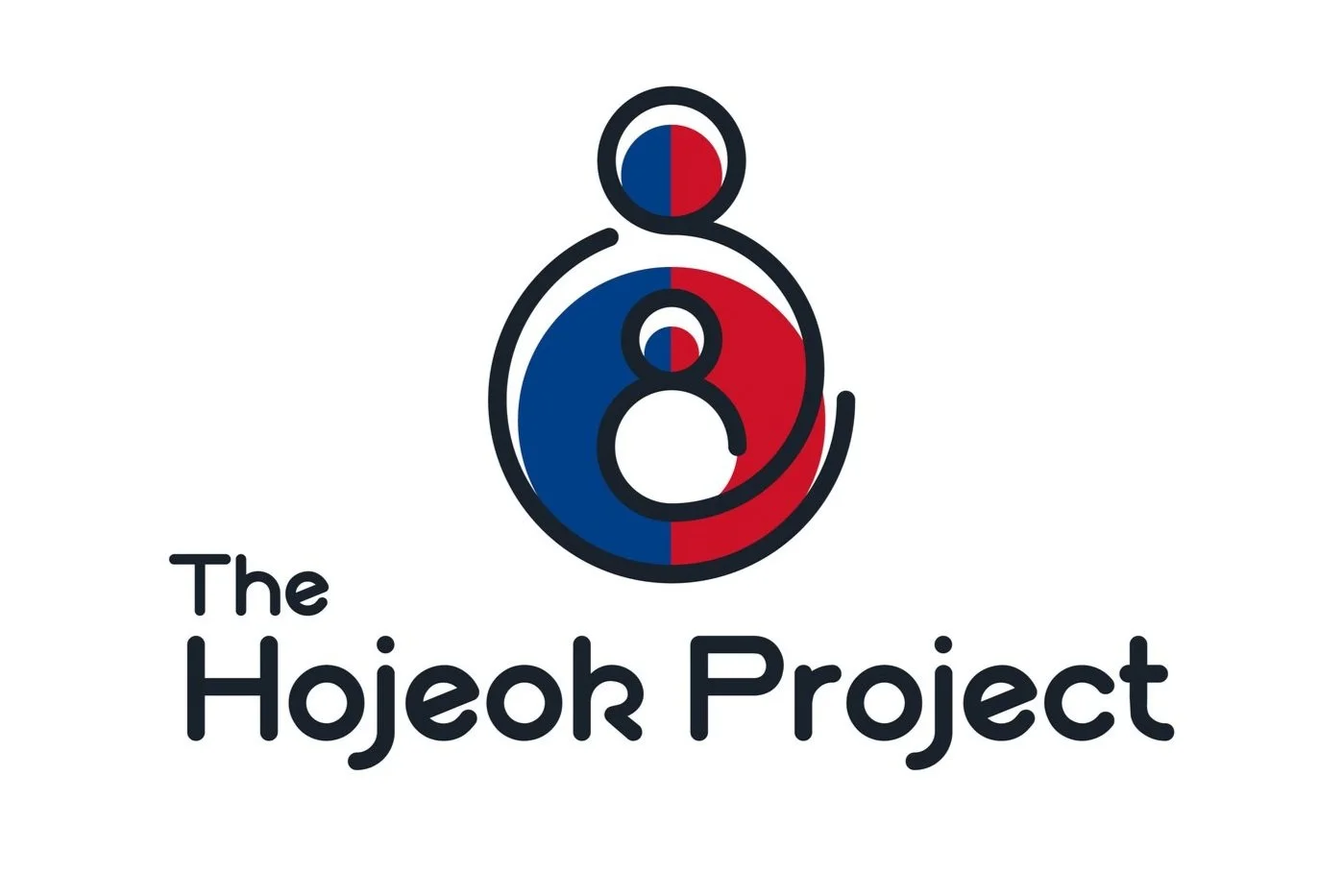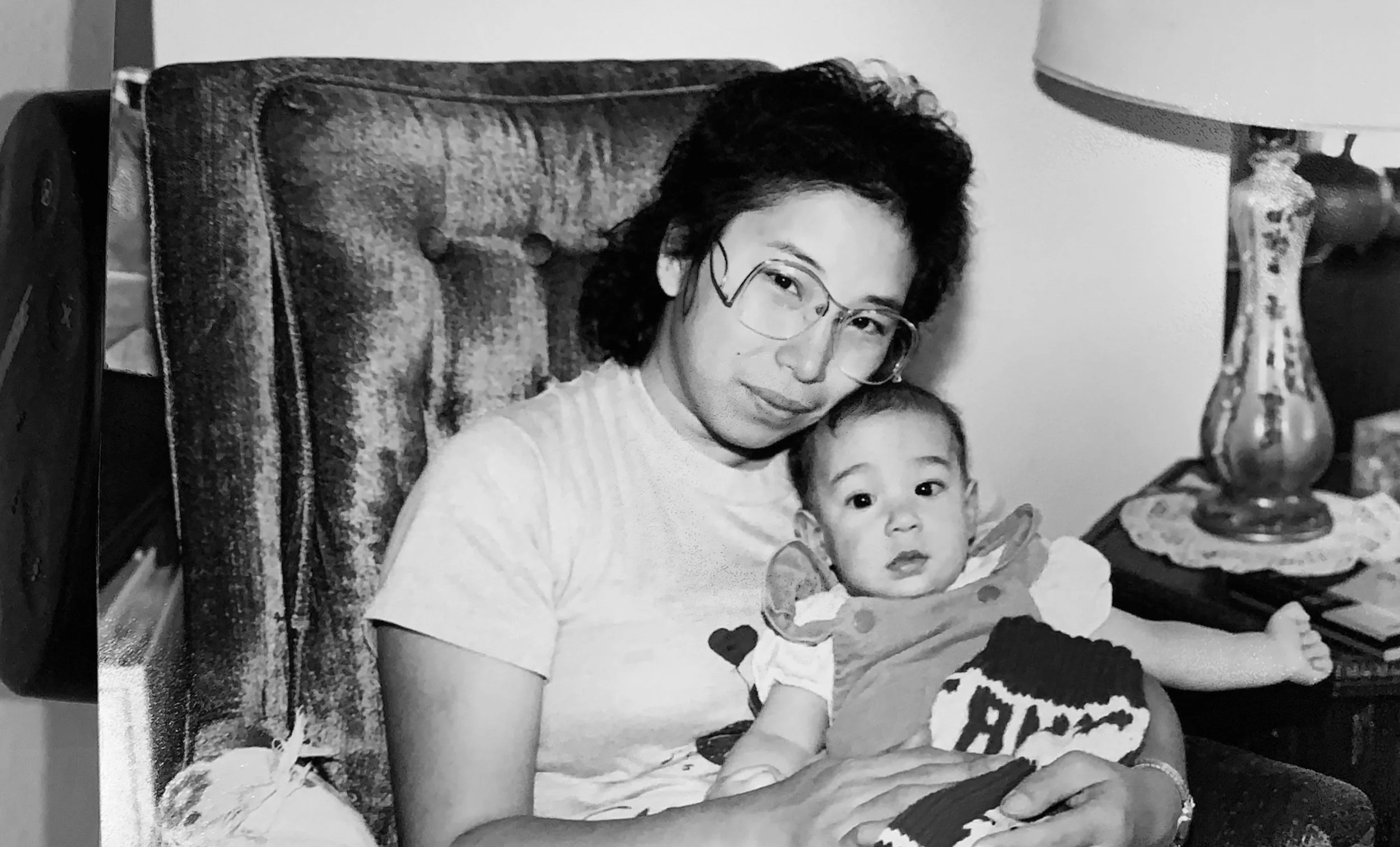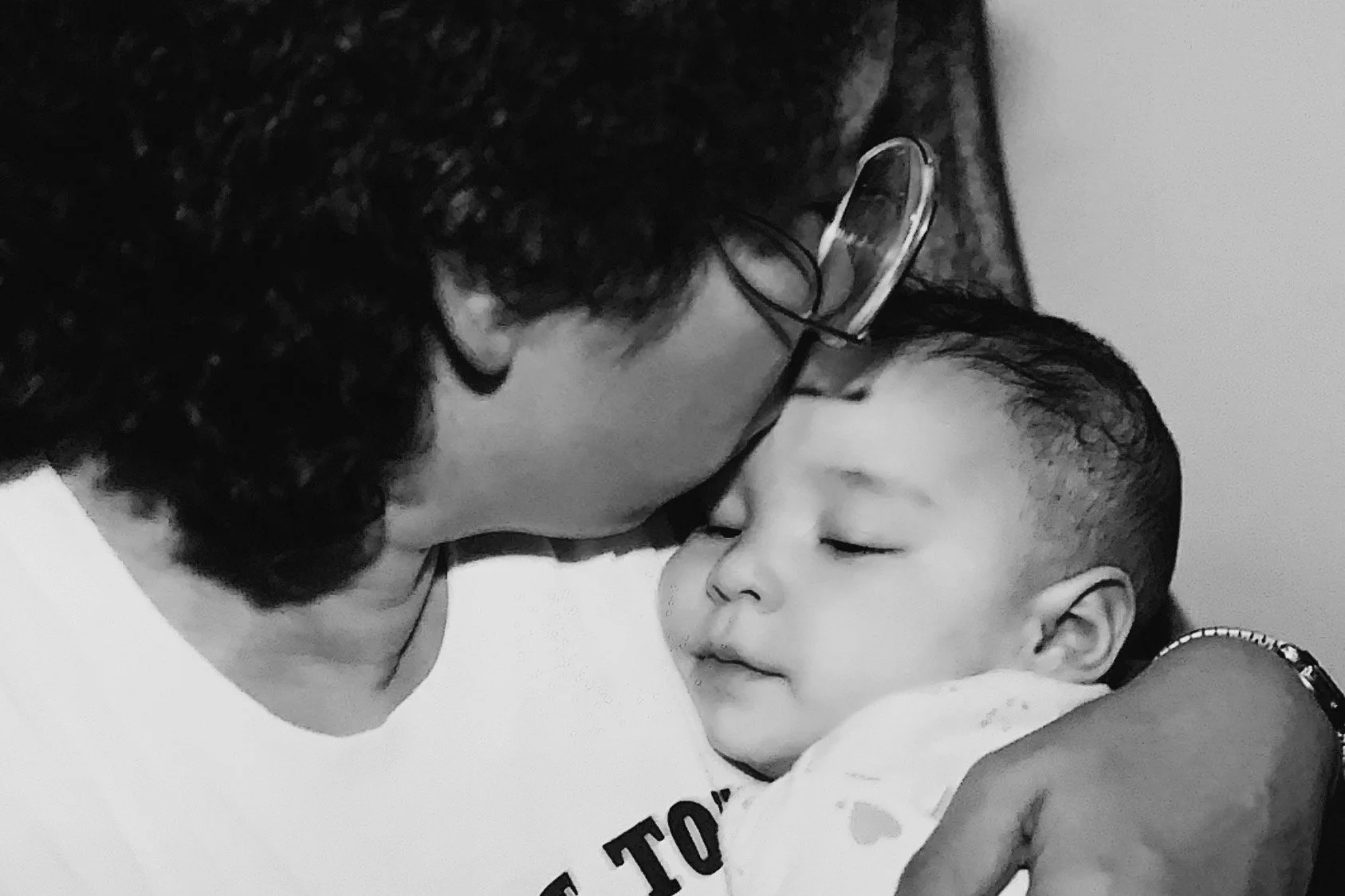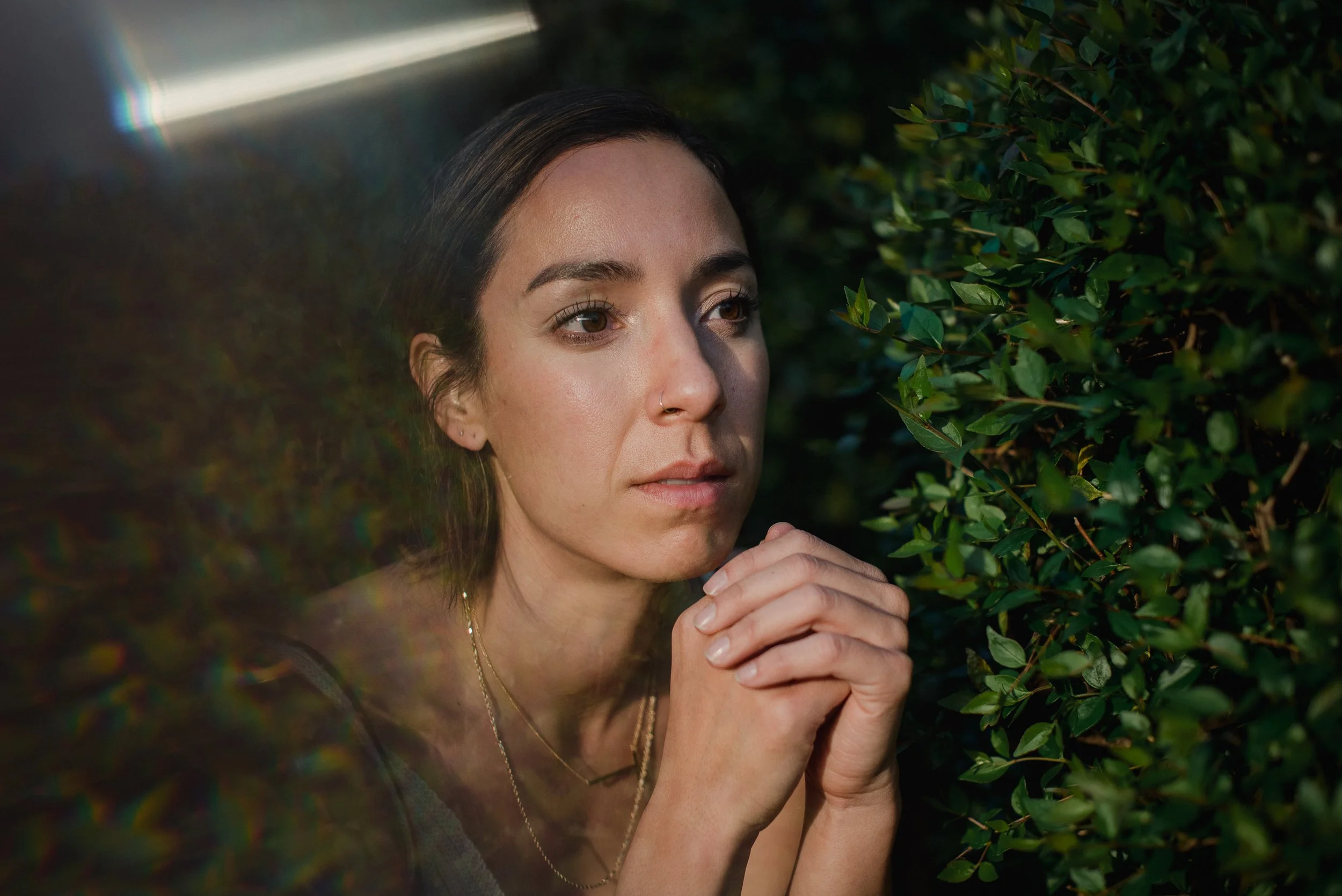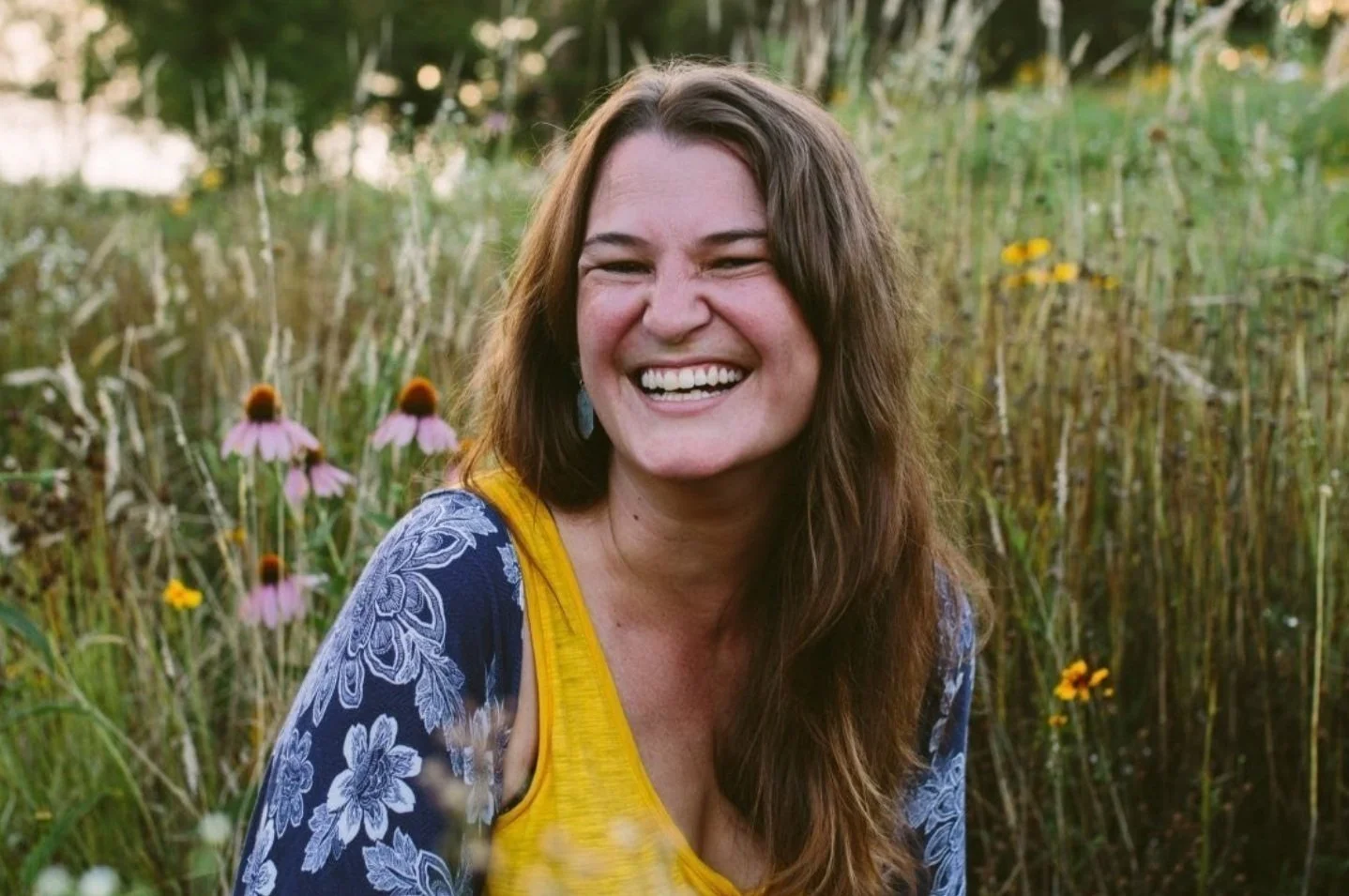
Hojeok (“ho-juhk”) = Korean registry.
The Hojeok Project explores the transnational Korean adoption experience, making meaning of cultural identity and its impact on the subsequent generation.
“I was thrown in a killing field as a baby. I was kept alive by the bodies surrounding me.”
This story was told to Tanya’s mother by the Korean adoption agency when she was adopted as a child to a couple in Fargo, ND.
This story was likely untrue.
This adoption story told to Tanya’s mother shaped the narrative of her history and her Korean identity. It wasn’t until Tanya moved to Korea after college that she learned that this story was most likely inaccurate.
South Korea’s Truth and Reconciliation Commission is in the process of investigating dozens of cases of South Korean adoptees in Europe and the US who suspect their origins were falsified or obscured during the child export frenzy in the mid-to late 20th century. Adoption agencies fabricated documents and falsely registered children as orphans who had living relatives or switched identities with other children in order to send thousands abroad. South Korean adoptees are believed to be the world’s largest diaspora of adoptees amounting to 200,000 South Koreans - mostly girls- in the past 6 decades.
Community Case Study
Tanya Martineau and Dr. Courtney Skiera-Vaughn will be conducting a community case study exploring the transnational Korean adoption experience and the tensions between finding, understanding, and making meaning of cultural identity, and its impact on the subsequent generation. This study examines the lived experiences and perspectives of Korean adoptees and their children by bearing witness to how they understand, experience, and communicate their stories. The interview transcriptions will become data that will be analyzed using the LUUUUTT model to identify and connect themes and patterns that emerge in their narrative. The hope is that this community case study will give better understanding to the lived experiences of transnational Korean adoptees and the generations that follow.
Ten interviews will be conducted with Korean adoptees born in the 50s, 60s and 70s who were adopted and raised in a transracial home. Interviews will also be conducted with a child of each Korean adoptee participant.
Tanya will be sharing her personal journey as she explores her Korean identity as a second generation mixed Korean American and embarks on her quest to find answers to her mother’s birth family.
The LUUUTT Model
Tanya and Courtney will be using the LUUUTT model while conducting their community case study. They will be identifying themes and looking at the tensions and connections between the following:
Stories Lived
Untold Stories
Untellable Stories
Unheard Stories
Unknowable Stories
Stories Told
Story-Telling
Ethical Storytelling
It’s our priority to protect the stories and experiences of participants. Participants can share as little or much about their stories and lived experiences as they’d like. Pseudo names will be offered as an option to protect the identity of the participants.
Written consent will be requested by all participants. In-person or remote portraits will be conducted by Tanya with permission from participants.
The Hojeok Team
Tanya Martineau
Tanya Martineau (founder) is a mixed Korean American, award-winning photographer, nonprofit co-founder, and coveted producer and director with with production company, Arché Studio. Tanya’s passion to drive change and open minds through telling stories stems from her innate curiosity and empathy. Taking an ethical creative approach, she’s traveled to 30 countries producing meaningful work for brands such as NBC Sports, National Geographic, World Vision, Food for the Hungry, and Lululemon. Whether she’s on set, behind the lens, or talking story with strangers and friends alike, Tanya is home and ready to share hers with you.
Space
Courtney Skiera-Vaughn
Courtney is fascinated by the way culture and language influences our experiences, specifically around stress, trauma, resilience, and healing. She has worked with various cultures over the past 10 years and enjoys working with different populations in co-creating contextualized programming and initiatives that take important cultural understandings into consideration. She has worked as Executive Director for Free The Girls for the past 8 years and is also currently teaching psychology courses to undergraduates in her hometown in Tennessee where she lives with her husband and three small children.
Courtney has worked with the following populations: Oglala Lakota - Natives in South Dakota, AAPI, Costa Rica, El Salvador, Mexico, Uganda, Kenya and Mozambique
